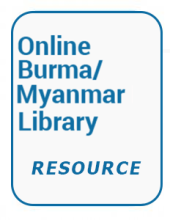/ library resources
Showing items 1 through 9 of 26.A dynamic agricultural sector is crucial for economic growth, poverty alleviation, and food security in developing countries.
What can governments in rich countries do about poverty in poor countries, apart from increasing and improving aid and endorsing ambitious poverty reduction goals?
Globalization could and should benefit developing countries. But unlike a rising tide that lifts all boats, large and small, globalization is unequal. It has fallen far short of its much-ballyhooed potential to help the world’s poorest people out of poverty.
Zimbabwe’s fast-track land reform has had a bad press. Reports of violence and intimidation have obscured the reality that formal procedures used to settle black farmers in model villages bear a striking resemblance to earlier colonial procedures.
Is the World Bank’s approach to land relations gender insensitive? Is it realistic to pin poverty reduction aspirations on the promotion of credit markets and reliance on women’s unpaid labour? Does the acquisition of secure tenure rights necessarily benefit poor women?
ACKNOWLEDGEMENTS...
EXECUTIVE SUMMARY...
BACKGROUND TO THE MISSION:
International mission team members;
Myanmar fisheries sector...
MYANMAR - MISSION REPORT ON INLAND AQUACULTURE AND FISHERIES:
Myanmar - aquaculture and inland fisheries:
Analyses the World Bank’s Policy Research Report (PRR) from a gender perspective and is critical of the consultation process on it thus far. It has important implications for women in Africa. The Bank believes land should be viewed not as a source of subsistence but of capital.
Pagination
Land Library Search
Through our robust search engine, you can search for any item of the over 73,000 highly curated resources in the Land Library.
If you would like to find an overview of what is possible, feel free to peruse the Search Guide.






